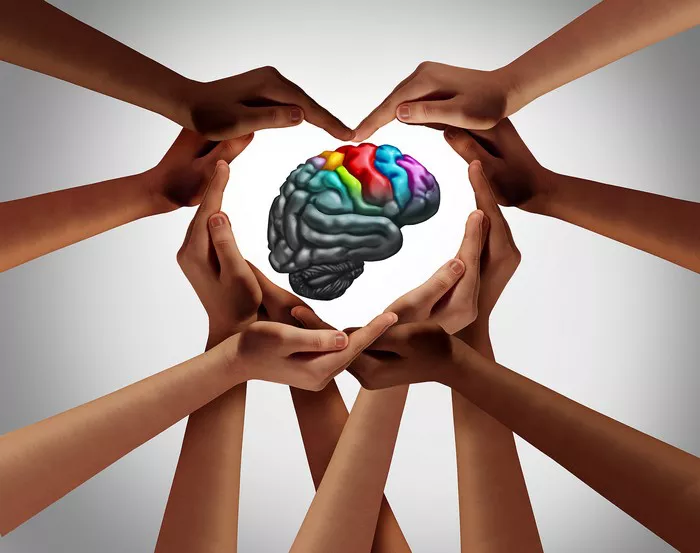New Delhi — Mental health insurance claims in India have risen sharply by 30% to 50% over the past few years, with individuals aged 25 to 35 emerging as the most active users of such benefits, according to a recent analysis by online insurance aggregator PolicyBazaar.com.
The report, which analyzed internet search trends, policy purchases, and insurance claims related to mental health, revealed a 41% increase in interest around mental health insurance in comparison to a similar study conducted in 2024. This indicates a growing public awareness and openness toward addressing mental well-being.
Young adults, particularly those aged 25 to 35, have shown a pronounced tendency to seek mental health coverage. According to the findings, this age group frequently filed claims for therapy, anxiety treatment, stress counseling, and medication. Experts attribute the trend to heightened life-stage pressures including work-life imbalance, job insecurity, and financial stress.
“This remarkable surge in mental health insurance searches, driven by young adults, women, and those in high-stress professions, points to a larger societal shift where people are not only more aware of mental well-being but are actively seeking financial protection for it,” said Siddharth Singhal, Head of Health Insurance at PolicyBazaar.
The report highlights that most claims were associated with mild to moderate mental health conditions. Anxiety disorders made up 30–35% of total claims, while depression accounted for approximately 25–30%. Singhal noted that while early intervention is becoming more common, chronic and severe mental health disorders remain significantly underreported, likely due to lingering stigma and limited diagnostic resources in rural and underserved areas.
Another significant trend is the growing role of outpatient department (OPD) benefits and digital health tools in mental healthcare. Therapy sessions, psychiatric consultations, and prescribed medications are increasingly being covered under cashless treatment options, reflecting a shift from fringe coverage to mainstream healthcare services.
The report also observed increased engagement with digital mental health platforms and app-based therapy tools, especially among the younger demographic. This trend is attributed to rising comfort with technology, ease of access, and growing openness to seeking help.
Women are emerging as a notable segment in this shift. The study found that women are 27% more likely than men to enroll in mental health coverage. Moreover, 65% of insured women selected policies that included add-ons specifically targeting mental and hormonal health. Higher rates of claims for anxiety, depression, and stress among women policyholders were linked to reproductive life changes and caregiving responsibilities.
Experts believe the pandemic played a pivotal role in elevating awareness of mental health issues. Increased access to OPD benefits, declining stigma—especially in urban and educated populations—and the normalization of therapy have helped mental health coverage gain momentum in India’s insurance landscape.
“As mental health moves from the margins to the mainstream of healthcare planning, the insurance industry and society must continue to improve access, reduce stigma, and enhance coverage,” Singhal said.
With more Indians now seeking mental health support through formal healthcare and insurance channels, the country appears to be on a path toward a more inclusive and supportive mental health ecosystem.


